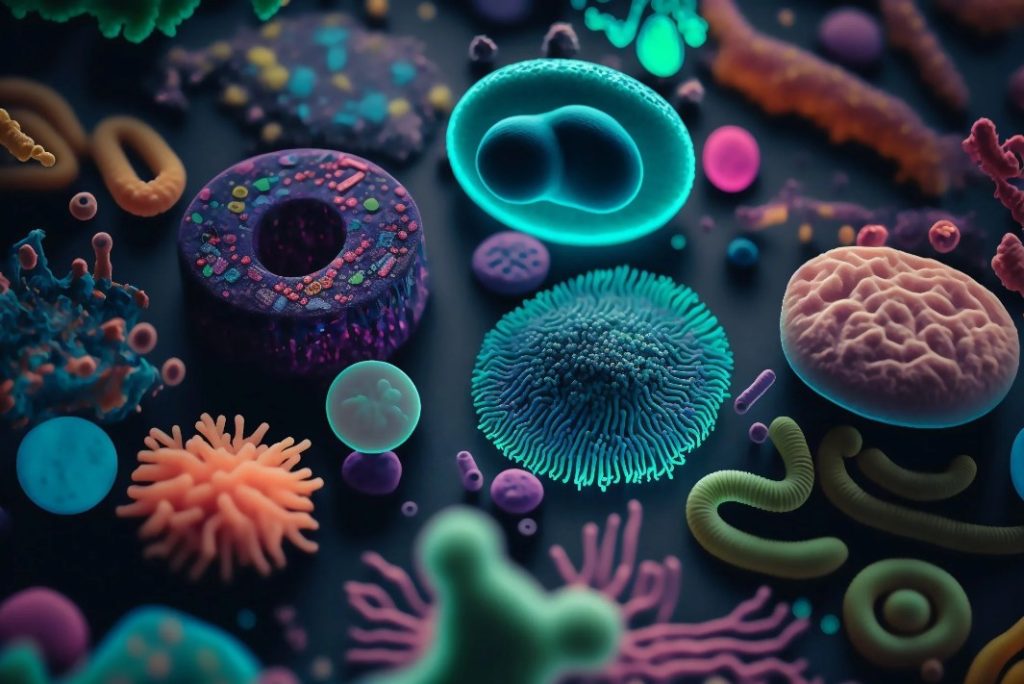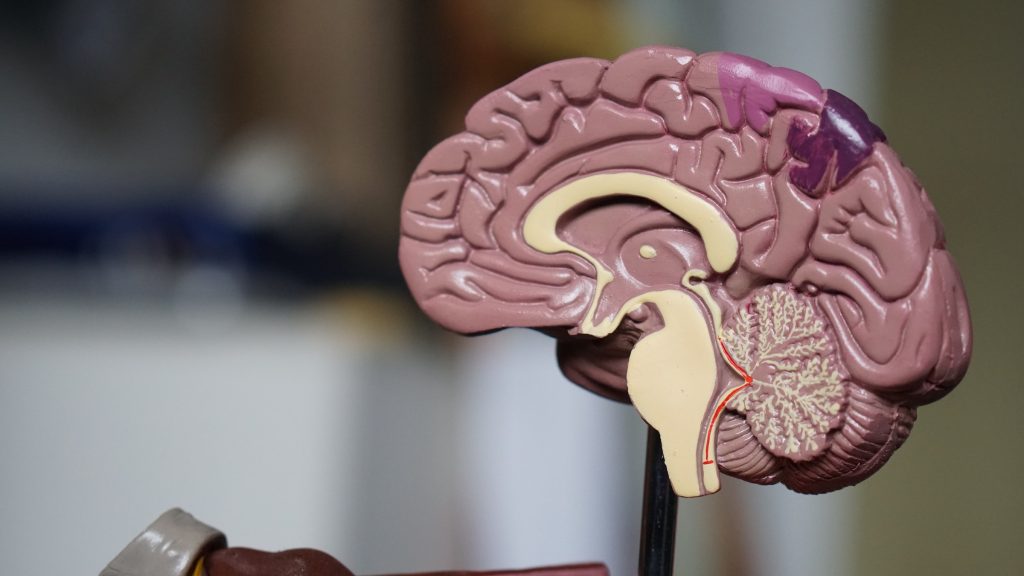Scientists and medical professionals are delving deeply into the field of gut health research. Because of the so-called “gut-brain” axis, there is a growing interest in the dynamic link between gut health and mental wellbeing. Numerous physical and mental health conditions have been related to this intriguing conversation between our gut and brain, which is made possible by hormones, neurotransmitters, and other biochemicals.
In order to sustain general health and welfare, the human gut performs important processes that are quickly coming to be understood as being crucial. A startling variety of helpful bacteria reside in the gut in addition to being responsible for food digestion and absorption. Numerous aspects of human health are influenced by this intricate and cooperative relationship between the host and its microbiota.

When this biological dialogue is disrupted, it can have a profound consequence on our mental health. With this, the negative mental health outcomes that are caused by poor gut health provide insight into the significance of maintaining our gut’s health which is not just for the gut itself but also the entirety of our body.
The Human Gut and Its Functionality
Contents
The digestive system, often known as the gut, is a lengthy, hollow tube that finishes at the anus. It consists of various important organs, each with a distinct purpose. To begin breaking down proteins, the stomach, for example, utilises enzymes to break down meals into smaller bits. In the small intestine, food is further broken down and nutrients are absorbed on its surface. The colon, also known as the large intestine, collects water and electrolytes while storing waste in the stool for disposal.

It’s interesting to note that the gut contains a diverse community of good bacteria, viruses, and other microorganisms referred to as the gut microbiota. Its key roles include vitamin synthesis, immune system stimulation, and aiding in digestion. Human health would be seriously jeopardised without this small army of microorganisms!
Maintaining a balanced, diverse gut microbiotas is essential for maintaining a healthy gut system. Imbalances in this community are increasingly linked to numerous health problems, both within and beyond the gut.
Gut and Brain Connection: The Basics
There is another name for the gut as it is often referred to as the ‘second brain.’ This is due to the gut having its own nervous system, the enteric nervous system, which can independently function from the central nervous system (CNS). The brain and gut communicate bi-directionally along what is known as the gut-brain axis which permits signals to be sent both ways.

The control centre of the body, our brain, communicates with the gut through nerves, hormones, and other biochemical means. One example is that when we are stressed, the brain may send a signal to the gut which leads to the ‘butterflies in the stomach’ feeling and conversely, the gut may notify the brain about its state as well. This will influence our emotions and behaviours as well.
Getting and maintaining a healthy gut is integral to the functioning of your brain. The complexity of the gut’s environment has a significant influence on how the brain operates. This showcases how important it is to have a healthy gut for brain functionality.
The Impact of Gut Health on Mental Wellbeing
Robust research has increasingly focused on the connection between gut health and mental wellness. Poor gut health has been linked by researchers to a number of mental health conditions. There is scientific evidence that an unhealthy gut may have a negative impact on brain functions, leading to illnesses like stress, anxiety, and depression as well as more serious neurological disorders like autism and Parkinson’s disease.

There are gut health disorders like irritable bowel syndrome (IBS) and inflammatory bowel disease (IBD) which have been observed in many patients who happen to have psychological issues. More research is needed to understand the mechanism that connects these two systems together but it is known for now that your gut health affects your mental wellbeing.
With that in mind, resolving poor gut health will often lead to improvements in psychological symptoms by reinforcing the strong gut-brain axis connection. If you seek to have a healthy life, maintaining a healthy hut is optimal in order to do so.
Beneficial Practices for Optimum Gut Health
In order to maintain and improve your gut health, you can achieve it through modifying your diet and lifestyle. With that, a rich diet that is rich in fibre, lean proteins, healthy fats, and probiotic-rich food can promote healthier gut microbiota. Reducing the consumption of processed foods, alcohol, and unnecessary antibiotics will also help preserve the balance of your gut microbiota.

Mindful practices and managing your stress can complement a balanced diet in maintaining a healthy gut. As shown through research, stress negatively impacts the gut microbiota and adopting practices like yoga, meditation, and deep-breathing exercises can alleviate stress. Regular physical activity and good rest will also promote a healthier gut too.
Initially following these practices may be challenging at first but consistency and dedication will allow you to gain the best result that you desire from your gut in the end which will also benefit your mental wellbeing.

It is impossible to exaggerate the crucial role that gut health plays in impacting general health, including mental wellbeing. We are becoming more and more aware of the silent, busy world of microbiota inside of us, which has a tremendous impact on our happiness and health, as well as our awareness of the intricate relationship between the gut and the brain.

